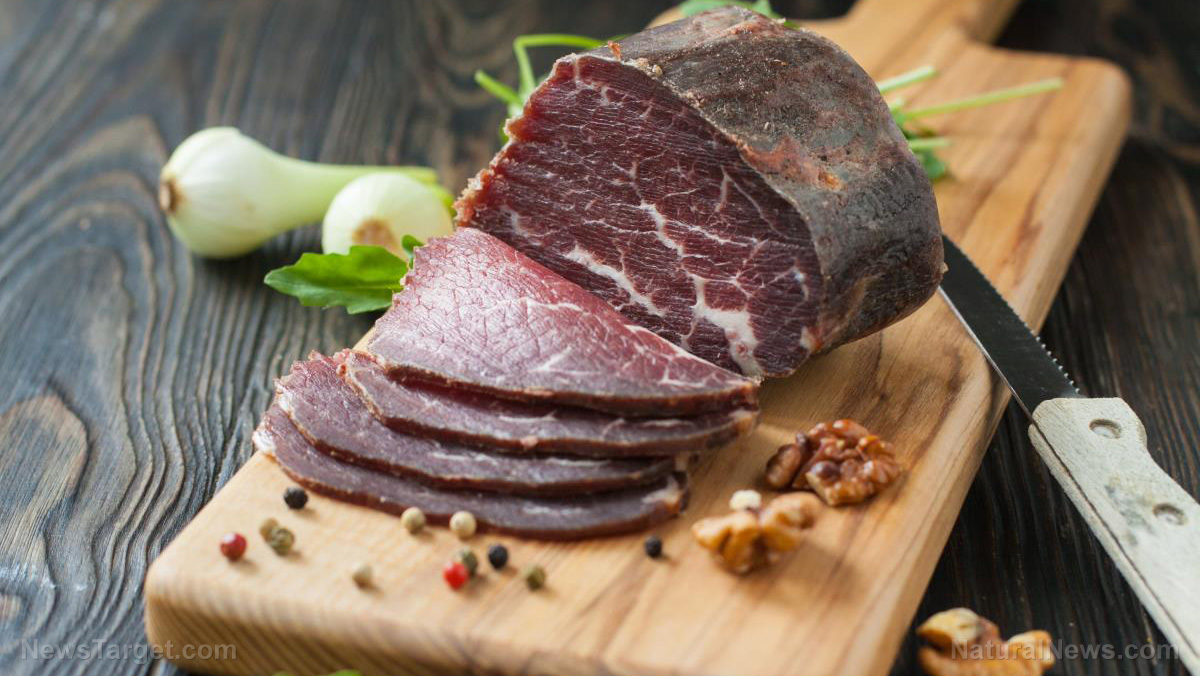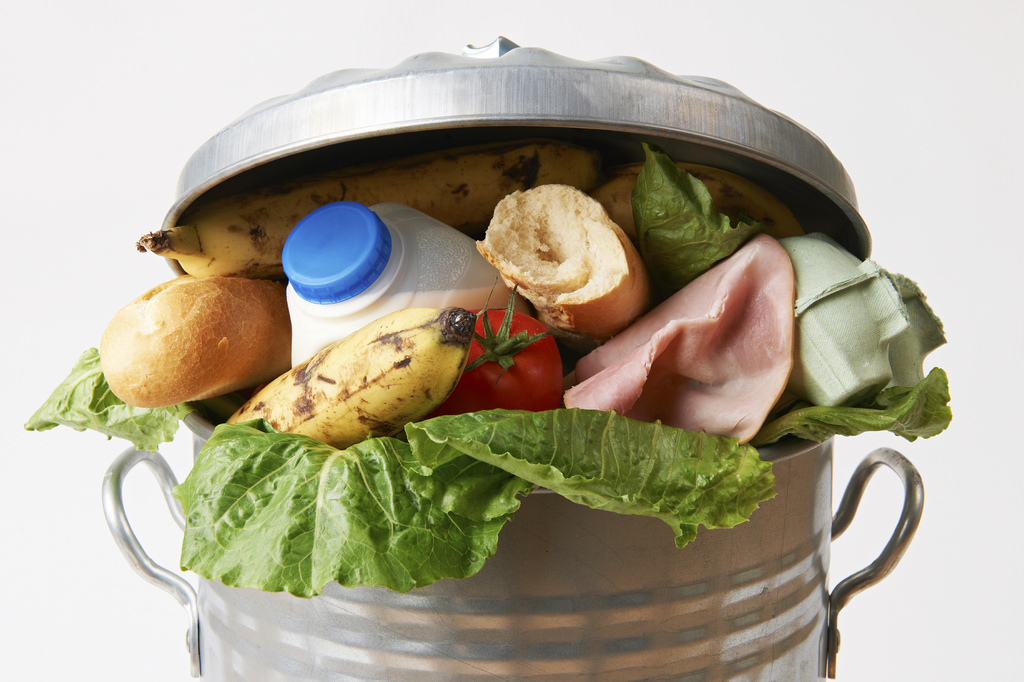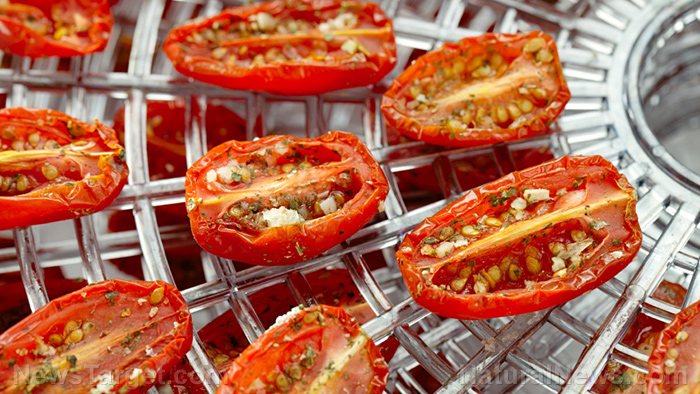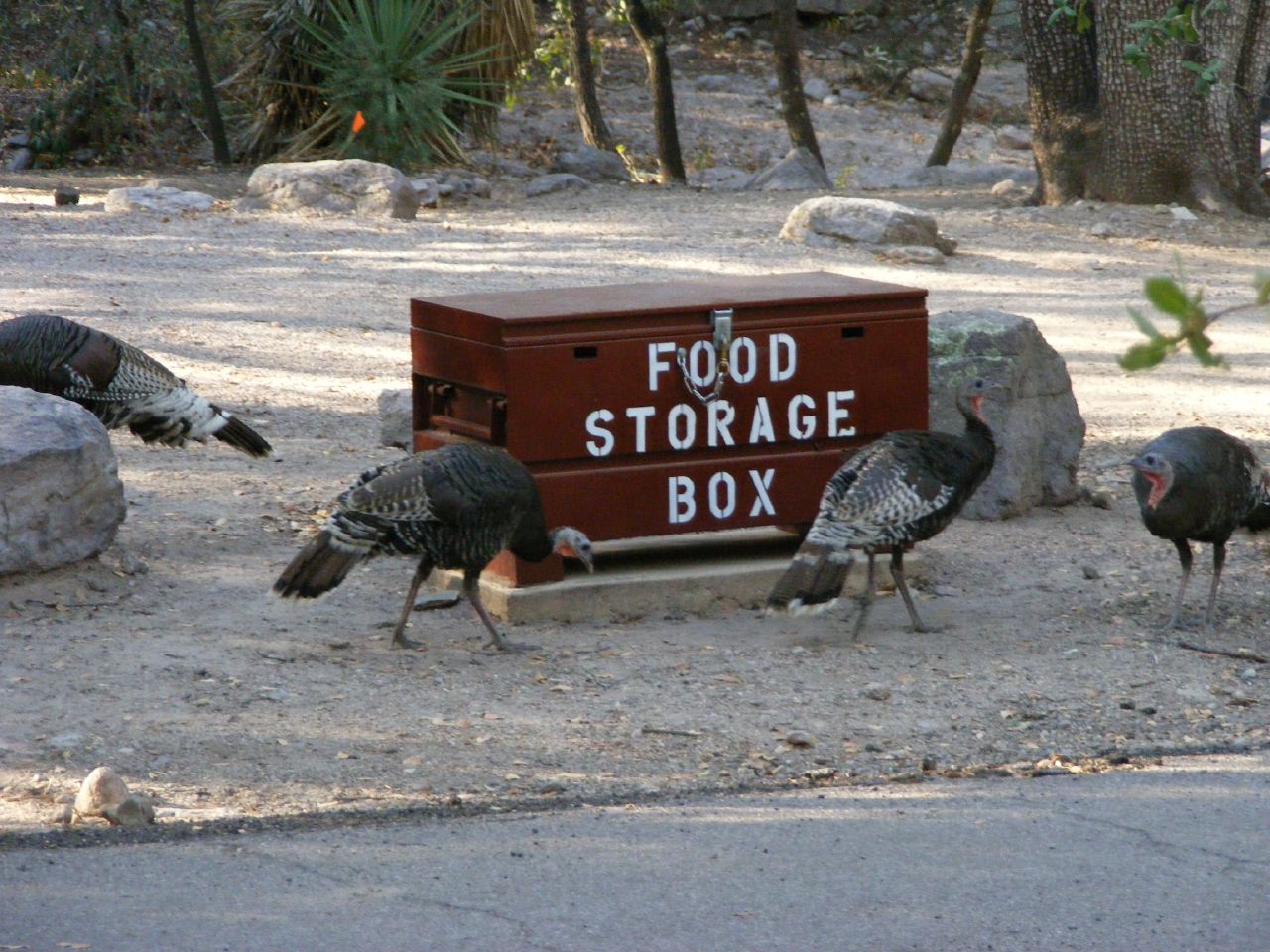The easiest foods to can
01/02/2019 / By Mary Miller
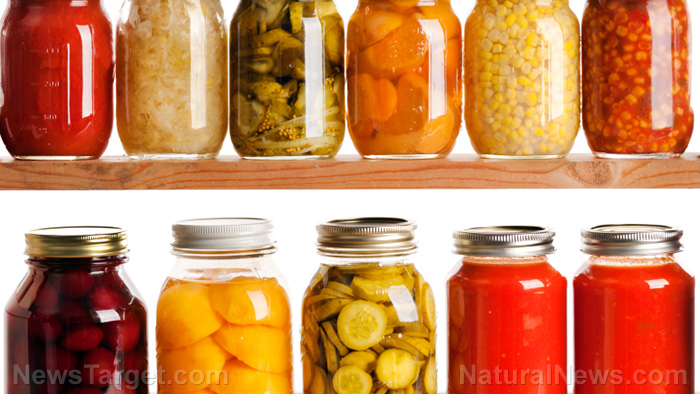
Fresh fruits and vegetables tend to expire quickly if they are not preserved in some form. One of the most effective methods of preservation these foods is canning. Canning can help prevent spoilage and allow you to keep your food for long-term storage. Here are some of the easiest types of food that you can preserve by canning. (h/t to TheHomesteadingHippy.com.)
The two types of canning methods you can use are water bath canning and pressure canning. High-acid foods, such as fruits, jams, jellies, tomatoes, pickles, and chutneys, are more suitable for canning by water bath systems, as this system involves processing your food in boiling water for some amount of time. On the other hand, pressure canning heats your food using steam pressure, allowing for substantially higher temperatures. The higher temperatures are necessary to kill off any bacteria that can cause food-borne illnesses, such as botulism. Low-acid foods, such as vegetables, meats, poultry, and seafood, are better suited for pressure canning systems. Once you have the right equipment, you can get started with canning your food items. (Related: An essential guide to canning: What you need and how to get started.)
Fruits
Fruits should be canned using a water bath system as they are high-acid foods. Begin by carefully washing your fresh fruits. Then, pack them into your jars. Fill the jars with either boiling hot water or sugar syrup, but leave a head space of around half an inch. Can your fruits for around 10 minutes using your water bath canner.
Tomatoes
You can use a water bath canning system to can tomatoes if you add some lemon juice to increase the acidity of the mixture. Simply blanch your tomatoes quickly in hot water. Next, peel and core your tomatoes. Then, pack your tomatoes into your jars and add two tablespoons of lemon juice and one teaspoon of salt. You must then cover your jars with new seals and rings and boil them for around 45 minutes using your water bath canner.
Beans
Beans are a low-acid food so they must be canned using a pressure canning system. You can choose to either blanch your beans first or can them directly. You should then pack your beans tightly into the canning jars. To preserve the flavor of the beans, you may add salt. Pour in some boiling water. To ensure a safe processing, you should at least process a minimum of two quart jars or four pint jars in a pressure canner at a time. If you are canning quart jars, process them at 10 pounds pressure for 25 minutes. If you are canning pints, use the same amount of pressure for 20 minutes.
Carrots
Properly canned carrots should taste deliciously sweet and tender when eaten straight out of the can. You must first wash and peel the raw carrots. Next, you must pack them into hot jars. You can add salt or a sweet syrup, if you want. Add the boiling water. Process your carrots at 10 PSI for 25 to 30 minutes.
Stock
Add some flavor to your common dishes by adding some chicken or beef stock. You can make stock with a three- to four-pound chicken or a three- to four-pound cut of beef on the bone. Other ingredients you will need are 16 cups of water and spices, such as peppercorns, salt, and bayleaves. If you want, you can also add some vegetables. Use a slow cooker to boil your meat overnight. You can also choose to put your meat in a large sauce pot and allow it to simmer over the stove for around two to three hours, or until the meat has reached your desired level of tenderness. Once this is done, use a sieve to separate the fat and strain the stock. If your stock has cooled, heat it back up and add it into your jars. Leave around an inch of headspace. You can then process your jars of stock at 10 pounds pressure for 20 minutes, if you are using pint jars, and for 25 minutes, if you are using quart jars.
If you want to learn more about food storage and preservation, you can read more articles by going to FoodStorage.news.
Sources include:
Tagged Under: bug out, canning, emergencies, Food Preservation, Food storage, food supply, homesteading, off grid, preparedness, prepper, prepping, self sufficiency, SHTF, survival, survival food, survivalist

